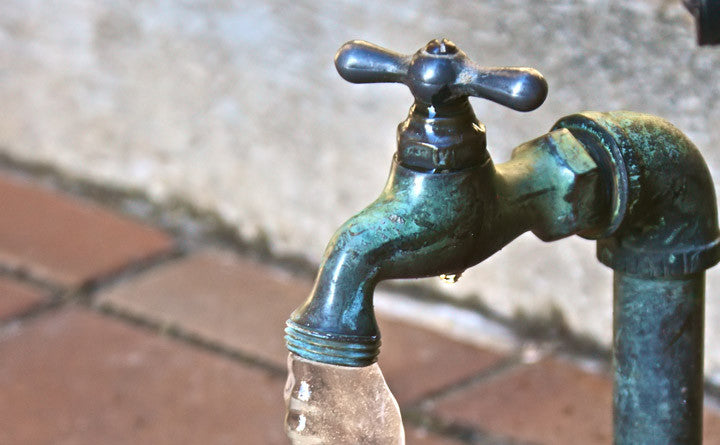The deep cold of winter will be here before you know it. Water supply lines can be vulnerable to freezing temperatures. It is important to make sure you are doing what you can to prevent frozen pipes since a burst water pipe can do a lot of expensive damage.
As water freezes, it expands. This puts a lot of pressure on whatever is containing it, such as a pipe. This pressure can eventually cause the pipe to break. Then, you are left with a broken water supply line and water damage to the floor, walls or ceiling.
Here are some simple frozen pipe prevention tips:
- If you have a swimming pool or water sprinkler at your home, drain the water from the supply lines by following directions from the manufacturer or installer. Be sure to not pour antifreeze in these lines. Many homeowners think that if they pour this fluid in their supply lines, they will be protected from frozen pipes. Antifreeze is actually very dangerous for the environment, humans and animals. Do not use it unless directed to do so.
- Put garden hoses away. Be sure to keep the outside water valve in the open positon where you once had the hose hooked up. This will make it easy for excess water in the line to drain out before the cold weather arrives.
- Add insulation to water supply lines that are in cold areas of your home. Check for pipes in the basement, garage, crawl space, attic or in exterior walls.
During the extreme cold, it is a smart idea to open kitchen and bathroom cabinet doors so that interior water supply lines can be warmed from the heated air inside your home. You can also leave the faucet at a slow trickle. If there is a slight bit of water moving through the pipe, this can help to prevent freezing.
Frozen pipe treatment
If you have noticed when you turn your faucet on that no water or only a small trickle is coming out, then you likely have a frozen pipe somewhere within your home. Locate the area of the freeze and use a heating pad or hair dryer on the pipe to help slowly warm it up. Never use a blow torch or open flame on the pipe.
We hope these tips prepare you for the upcoming cold weather in the late fall and winter months.


